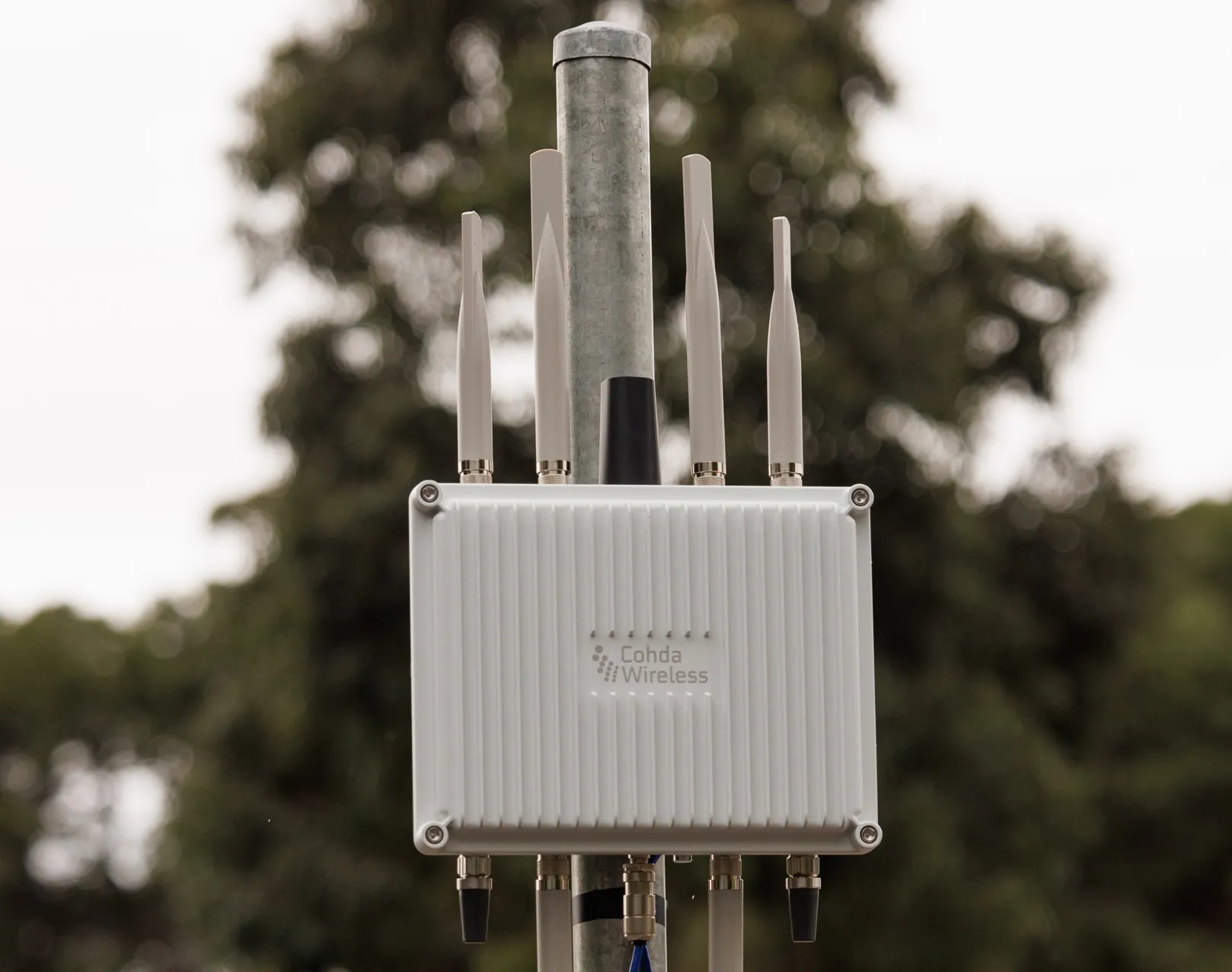Nanyang Technological University, Singapore (NTU) and Dutch automotive semiconductor supplier NXP Semiconductors have launched Singapore’s first Smart Mobility Consortium, the NTU-NXP Smart Mobility Consortium, to focus on testing and developing smart mobility technologies.
The technologies will be tested on the NTU campus, which serves as a living test bed, bringing together 12 industry partners including Panasonic, American software multinational Red Hat, automotive system manufacturers Schaeffer and
January 20, 2017
Read time: 2 mins
Nanyang Technological University, Singapore (NTU) and Dutch automotive semiconductor supplier 566 NXP Semiconductors have launched Singapore’s first Smart Mobility Consortium, the NTU-NXP Smart Mobility Consortium, to focus on testing and developing smart mobility technologies.
The technologies will be tested on the NTU campus, which serves as a living test bed, bringing together 12 industry partners including598 Panasonic, American software multinational Red Hat, automotive system manufacturers Schaeffer and Denso, as well as ST Kinetics, the land systems and speciality vehicles arm of ST Engineering.
The consortium will utilise vehicle-to-everything (V2X) communication technology, which has also been adopted by the US and Singapore for use in its transportation system and is an important part of autonomous vehicle networks.
The new consortium will enable more industry partners to test smart solutions while enjoying the benefits of cost-sharing on the test bed, which is supported by the Singapore Economic Development Board.
Some of the technologies developed in the test bed, such as the automated video analysis and environmental sensors have other potential beyond mobility and can also be deployed as solutions for Singapore’s Smart Nation initiative.
The consortium aims to launch projects to develop and trial new technologies and solutions for a suite of mobility applications that will enhance safety of both driven and driverless vehicles as well as personal mobility devices.
The technologies will be tested on the NTU campus, which serves as a living test bed, bringing together 12 industry partners including
The consortium will utilise vehicle-to-everything (V2X) communication technology, which has also been adopted by the US and Singapore for use in its transportation system and is an important part of autonomous vehicle networks.
The new consortium will enable more industry partners to test smart solutions while enjoying the benefits of cost-sharing on the test bed, which is supported by the Singapore Economic Development Board.
Some of the technologies developed in the test bed, such as the automated video analysis and environmental sensors have other potential beyond mobility and can also be deployed as solutions for Singapore’s Smart Nation initiative.
The consortium aims to launch projects to develop and trial new technologies and solutions for a suite of mobility applications that will enhance safety of both driven and driverless vehicles as well as personal mobility devices.







